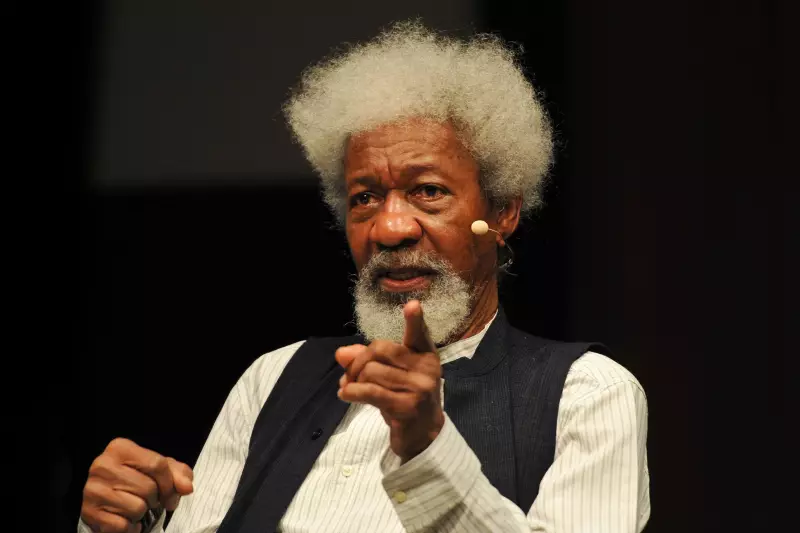
In a stunning development that has sent shockwaves through academic and literary circles worldwide, the United States government has officially barred Nobel Laureate Professor Wole Soyinka from entering the country.
The renowned Nigerian playwright and activist confirmed the travel restriction himself during a recent public appearance, revealing that his application for a visa to attend academic events in the US was abruptly denied without clear explanation.
Academic Community Reacts with Fury
The decision has triggered immediate backlash from scholars, writers, and human rights advocates across the globe. Soyinka, who won the Nobel Prize in Literature in 1986, is considered one of Africa's most distinguished intellectual voices and has frequently participated in academic exchanges in the United States throughout his career.
"This is not just an attack on one man, but on the principle of free intellectual exchange," declared Dr. Adebayo Williams, a prominent literary scholar. "Denying entry to a figure of Soyinka's stature sends a dangerous message about the state of academic freedom."
Pattern of Travel Restrictions Emerges
This incident appears to be part of a broader pattern affecting Nigerian intellectuals and public figures. Several other prominent Nigerians have reported similar travel restrictions in recent months, though none as internationally recognized as the 90-year-old literary giant.
The US Embassy in Abuja has maintained its standard policy of not commenting on individual visa cases, leaving the specific reasons for the ban shrouded in mystery.
What This Means for US-Nigeria Relations
The timing of this decision is particularly significant, coming during a period of complex diplomatic relations between Nigeria and the United States. The ban raises serious questions about:
- The future of academic collaboration between both nations
- The freedom of movement for distinguished scholars
- The potential impact on cultural and educational exchanges
- The broader implications for Nigeria-US diplomatic ties
As the international community continues to process this news, one thing remains clear: the silencing of one of Africa's most powerful literary voices will not go unchallenged. The academic world watches closely as this situation develops, awaiting both explanation and resolution.





